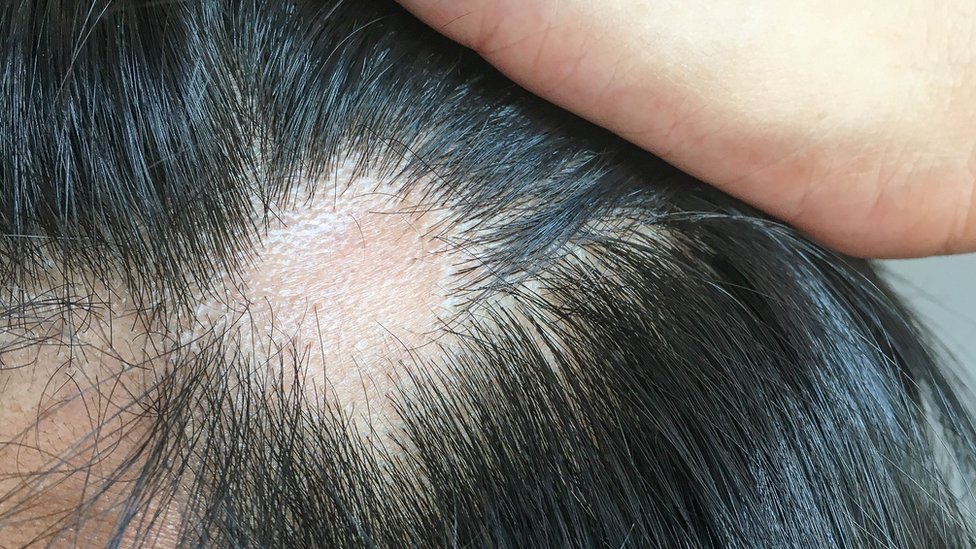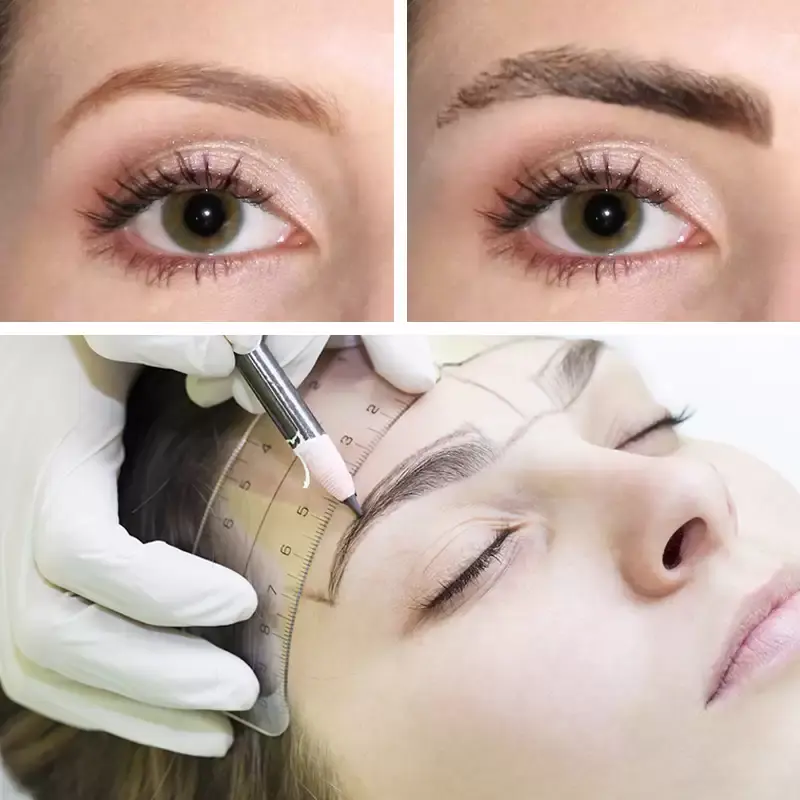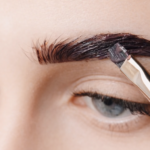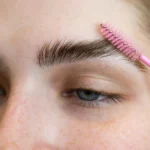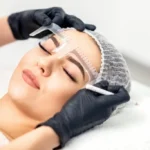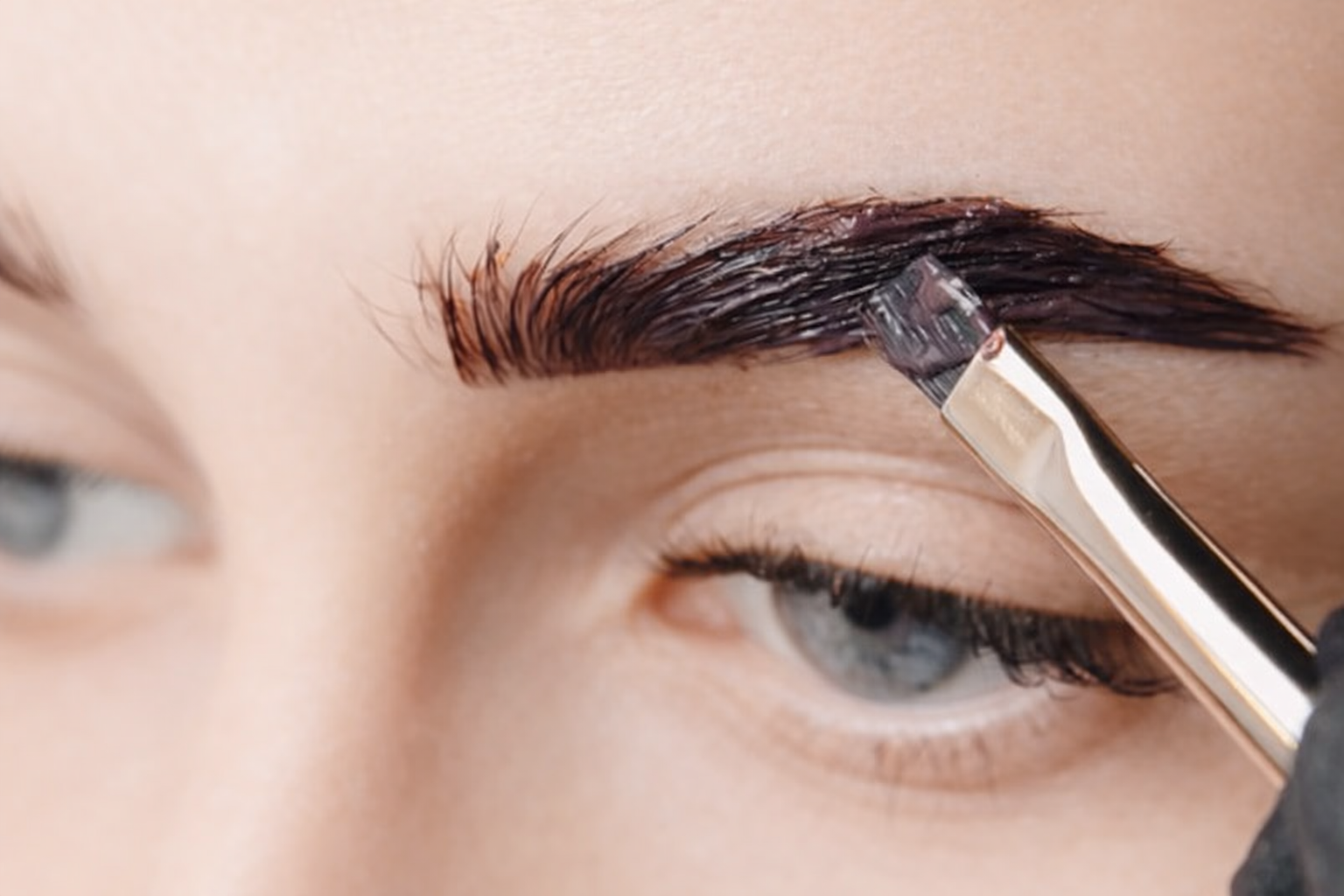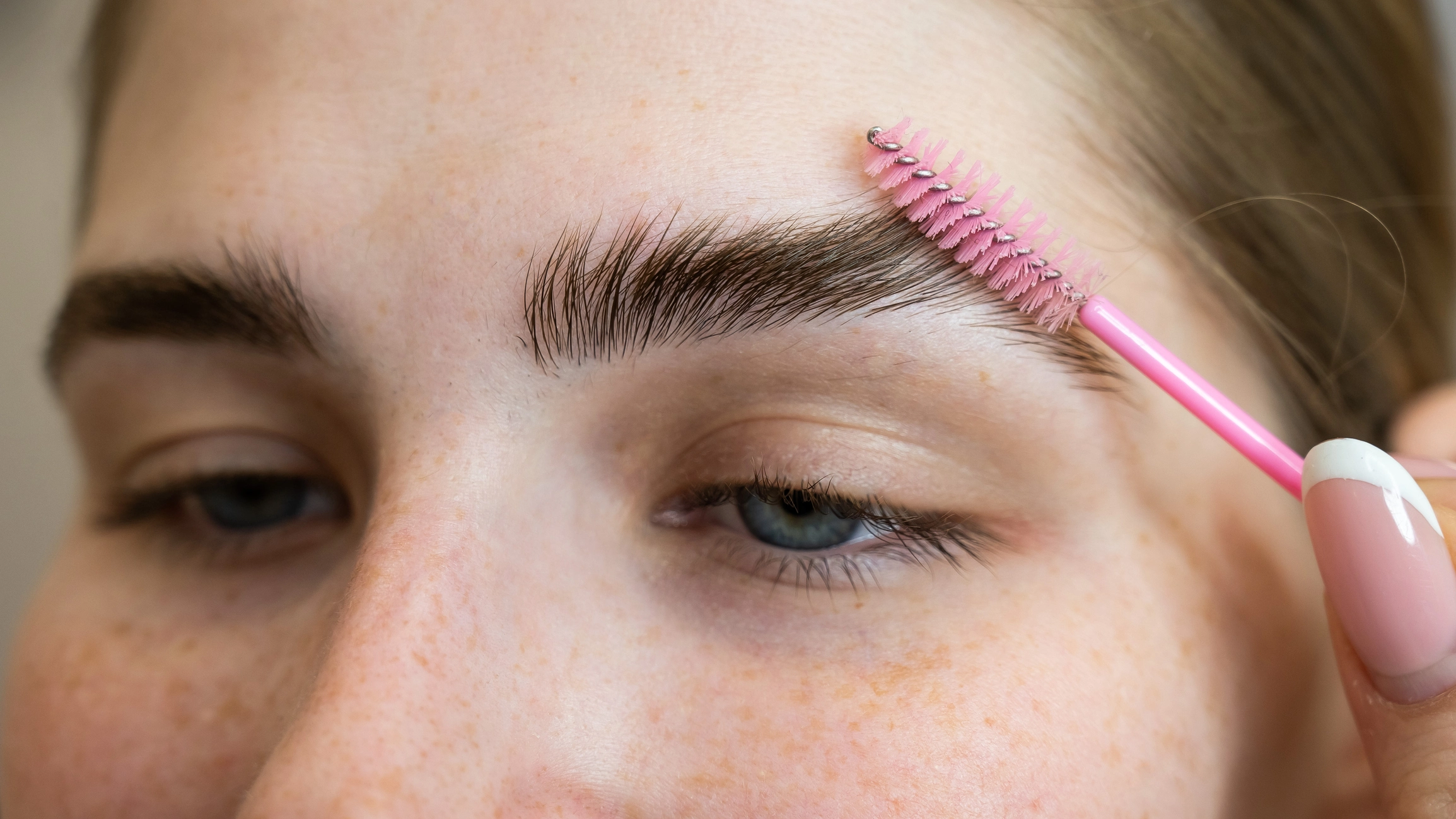Table of Contents
ToggleMold exposure can affect various aspects of your health, including your hair. Dr. Kopelman, a trusted expert in hair restoration, emphasizes the importance of understanding how environmental factors like mold can influence hair health. If you’ve noticed thinning, shedding, or even mold in hair after water damage or high humidity, this guide will help you navigate the connection and explore effective solutions.
Understanding Mold Exposure and Its Health Effects
Symptoms of Mold Exposure
Mold exposure can cause a wide range of health problems. Common symptoms include respiratory issues, skin irritation, and fatigue. Mold spores can trigger allergic reactions and affect the immune system, leading to inflammation and other complications that impact overall health.
What Does Black Mold Do to Your Hair?
Black mold, specifically Stachybotrys chartarum, produces mycotoxins that can harm the body. Prolonged exposure to black mold can lead to inflammation, which disrupts hair follicles and their ability to function properly.
This can result in thinning hair, or even hair loss in severe cases. So, does mold cause hair loss? The answer is yes, especially when exposure is prolonged and immune sensitivity is high.
This can result in thinning hair or even hair loss in severe cases. Yes, black mold exposure raises the question: can black mold cause hair loss? The answer is that it absolutely can, depending on the level of exposure and individual sensitivity.
Hair loss linked to mold can be reversed, but how long does hair loss from mold grow back depends on how quickly treatment begins and how severely follicles were affected.
How Mold Impacts Hair and Scalp Health
When mold spores are inhaled or come into contact with the skin, they can irritate the scalp and weaken hair follicles. Mold toxicity can interfere with the immune response, creating an environment where hair follicles struggle to support healthy hair growth.
In some cases, visible buildup may appear, resembling moldy hair, especially in individuals with poor scalp hygiene or frequent dampness. Over time, this may lead to conditions like alopecia areata, characterized by patchy hair loss. This connection between mold and alopecia highlights how environmental factors can exacerbate hair problems.
Mold and Hair Loss: What You Need to Know
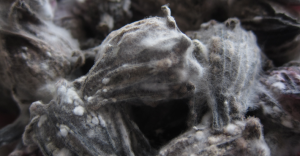
Can Mold Exposure Lead to Hair Loss?
Yes, it certainly can. The toxins produced by mold can cause systemic inflammation and disrupt the body’s balance. Inflammation and an overactive immune response can damage hair follicles, leading to hair thinning or loss.
Mold exposure is not the only factor that can contribute to hair shedding. Stress, medications, and nutrient deficiencies may also play a role. For example, certain prescription drugs can impact the hair cycle, learn more in our guide on does Adderall cause hair loss. Also, Various environmental and lifestyle factors, like marijuana use or nutritional deficiencies, may also contribute to hair shedding.
Is Hair Loss from Mold Reversible?
In many cases, does hair loss from mold grow back? Yes, it is often reversible. Once the source of mold is removed and the scalp begins to heal, hair follicles can regain their functionality. Dr. Kopelman recommends addressing mold-related health issues promptly to improve the chances of restoring healthy hair growth.
Does Mold Cause Alopecia Areata?
Mold can contribute to conditions like alopecia areata by triggering an immune system overreaction. In individuals with sensitivities or weakened immune systems, mold exposure may lead to autoimmune responses that target hair follicles, causing patchy hair loss.
Will Hair Regrow After Mold Exposure?
Hair regrowth after mold exposure is possible with the right care and treatment. Detoxifying the body, improving scalp health, and seeking professional guidance can help restore hair follicles. Dr. Kopelman’s expertise in hair restoration can provide additional support for individuals recovering from mold-related hair loss.
Feel free to check out our related articles:
- Can steroids cause hair loss?
- Does creatine cause hair loss?
- Does Phentermine Cause Hair loss?
- Does Anesthesia Cause Hair Loss?
- Does Metformin Cause Hair Loss?
Preventing Hair Loss from Mold Exposure
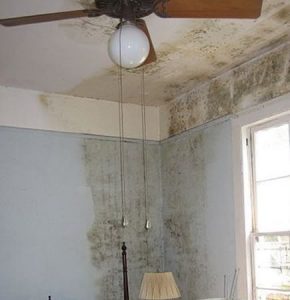
DIY Steps to Test for Mold at Home
Testing your home for mold is a critical first step in addressing potential exposure. DIY mold testing kits are widely available and can help identify areas of concern. Focus on water-damaged areas, such as basements, bathrooms, or spaces with high humidity.
Mold Remediation Methods to Protect Your Health
Removing mold is essential to prevent further health problems, including hair loss. Professional mold remediation involves identifying the source, cleaning affected areas, and taking measures to prevent future growth. Keeping your living spaces dry and well-ventilated can significantly reduce the risk of mold.
Using Mold Testing Kits Effectively
For best results, follow the instructions on mold testing kits carefully. Test multiple areas of your home, especially those prone to moisture. If the test indicates a mold problem, consult a remediation specialist to address the issue thoroughly.
Restoring Hair After Mold Exposure

Effective Treatments for Mold-Related Hair Loss
Dr. Kopelman recommends treatments that target both scalp health and hair regrowth. These may include anti-inflammatory medications, specialized shampoos, and nutritional supplements that promote hair follicle recovery. Low-level laser therapy is another option that can stimulate hair growth and improve scalp circulation.
Seeking Professional Help for Hair Restoration
If you’ve experienced significant hair loss from mold exposure, consulting a hair restoration specialist like Dr. Kopelman is crucial. He can evaluate your condition, recommend tailored treatments, and provide advanced solutions such as hair transplants if necessary.
Long-Term Solutions for Healthy Hair
Maintaining healthy hair involves addressing both internal and external factors. Eating a balanced diet, managing stress, and keeping your home mold-free are essential steps. Regular scalp care and professional check-ups can also ensure your hair stays strong and vibrant.
Can mold toxicity cause hair loss and how can Dr. Kopelman help?
Mold exposure can lead to health problems, including hair loss, but recovery is possible with the right approach. Dr. Kopelman’s expertise in hair restoration ensures that individuals affected by mold-related hair loss receive the care and support they need.
By addressing the root cause and adopting effective treatments, you can restore healthy hair and safeguard your overall well-being.
Can mold make your hair fall out? Yes, but with prompt action and the right care, you can regain your confidence and hair health.


